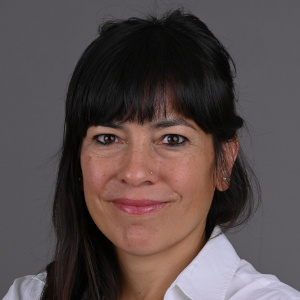We present our research and work experience that is just about to be published in the book: “The Human Organisation” in spring 2023.
To the audience of IEC, we will speak about following themes:
– Introduction into our work
– Overview of the four industralisations in order to understand where we come frome, where we are and where we want to go
– Definition of humanness
– Present our Modell of the “Culture of humanness” and which part-cultures it consists of and therewith give direct inspiration, how the audience can start working on more humanness in their organisation right away.
There will be room for discussion and exchange for the audience. If there is time, we have many tools and workshops ready that we can share with the interested audience.

